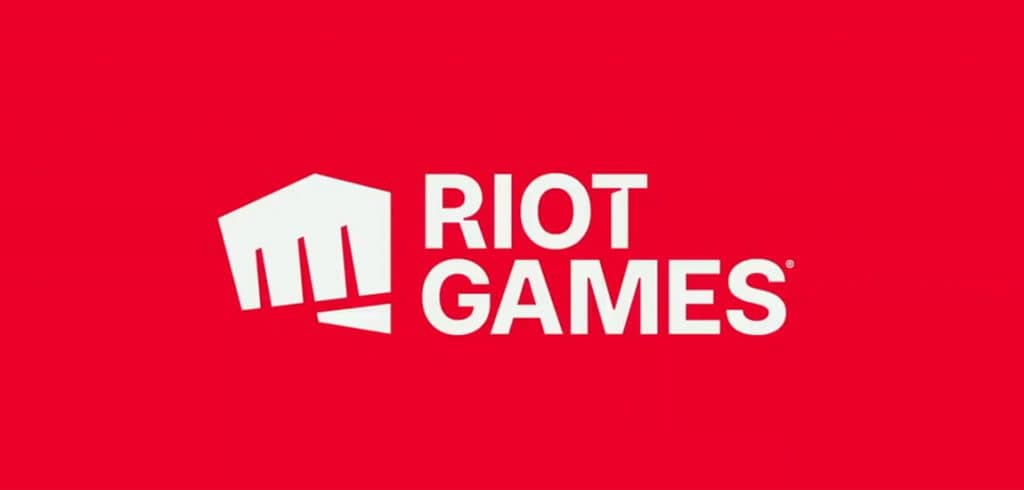Riot Games has proposed a new business model to pro League of Legends esports teams akin to the Valorant Champions Tour (VCT).
This partnership model has been presented to teams in the North American LCS, European LEC, and South Korean LCK in order to ‘reflect the changing reality of esports’, and Riot said it’s also looking at evolving the Chinese LPL separately.
Under this new model, teams will still retain their rights to the slots, but will also be paid a fixed stipend and share in revenue from LoL esports digital content sales, moving away from sponsorship sales as the main source of revenue.
While those who compete in international events like MSI and Worlds already receive a share from digital content sales related to those events, Riot said it now wants to ‘stretch this revenue stream further across the tier one ecosystem’.
Riot wants to introduce a Global Revenue Pool (GRP) that aggregates digital League of Legends esports revenue and allocates it to teams via three buckets: General Shares (50% of the GRP goes into these for tier one teams), Competitive Shares (35% of the GRP flows into these, which are allocated based on competitive performance and are split into two tranches – regional league standings and international event placements) and Fandom Shares (15% of the GRP rewards teams for developing ‘strong fandom’ for their players, leagues and team brands).
John Needham, President of Esports at Riot Games, said in a post on the Riot Games website: “The new model is closer to the one we’ve successfully implemented with the VCT – one with more predictable revenues for teams and financial upside driven by in-game digital items reflecting the support of LoL Esports fans across the globe.
“The changes we’re presenting to teams are intended to keep League of Legends esports healthy and on a path to long-term sustainability. In this context, sustainability means that LoL esports can generate enough revenue to cover the costs of Riot, our professional teams, and other stakeholders investing in our ecosystem while also providing an enduring career for our best players to compete professionally.”
Riot will also increase the standard esports revenue share percentage and increase the quantity of LoL esports digital content released in a given season. It said it will contribute 50% of other direct revenues (like from sponsorships and media) ‘once Riot recovers its annual investment in LoL esports’.
Currently, in League of Legends esports, teams paid around $10m to play in the LEC and receive 50% of certain revenues, which mainly comes from sponsorship and also from media rights.
The news comes after Riot Games announced a five-year plan a couple of years ago.
Adam Adamou, CEO of OverActive Media, said, in response to the proposals: “OverActive sees this as an opportune moment to also revisit discussions around the payment of franchise fees with Riot Games.
“As part of this collaborative process, we aim to explore adjustments to these fees by seeking terms that reflect the evolving esports ecosystem and that support our mutual goals for sustainability and growth.”
Riot on the ‘esports winter’, League of Legends esports and job cuts
It’s been a tough year and a half, with some esports organisations closing or merging, and companies announcing job cuts, as investors scale back on the money pumping into esports and the industry’s gold rush phase ends.
John Needham added: “We believe the imminent demise of esports has been overstated. Our community engages with the sport more than ever. The 2023 season and 2024 start have had milestones that give us so much confidence in the future.
“For all the highs of 2023, however, the industry faced several business challenges, and we have not been immune to them. Most notably, in January, we made the difficult decision to reduce our workforce by 11%.
“Many of the challenges I outlined last year are also still true today. We all – leagues and teams alike – are overly reliant on sponsorship as a revenue stream. The sponsorship business across the industry slowed down in the wake of a post-covidglobal economy, and we saw some team organisations struggle to operate sustainably.
“In recent months, however, we’ve been happy to see the economy regain traction, bringing an uptick in sponsorship across the ecosystem. Our commitment to delivering unforgettable gaming experiences is steadfast, and our investment in esports will remain unmatched in the industry.”
Related article: In the dark depths of esports winter, when will the light of spring emerge?
Explore Our Trusted Gaming Resources
Discover essential guides to UK casino sites, betting platforms, and crypto casinos — updated for this year.
- Top Online Casinos UK 2025
- Top Online Betting Sites 2025
- Best Online Casino Fast Payout 2025
- Non Gamstop Casino Sites
- Top-Rated Crypto Casino Sites in 2025

Dom is an award-winning writer and finalist of the Esports Journalist of the Year 2023 award. He has almost two decades of experience in journalism, and left Esports News UK in June 2025.
As a long-time gamer having first picked up the NES controller in the late ’80s, he has written for a range of publications including GamesTM, Nintendo Official Magazine, industry publication MCV and others. He also previously worked as head of content for the British Esports Federation.


